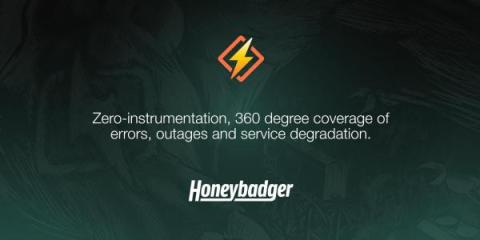Mastering StudioAssist: Your Essential Guide to Data-Driven Testing and Reusing AI-Generated Test Cases
As a software tester, you constantly look for ways to streamline your workflow and enhance your testing capabilities. StudioAssist, an intelligent feature in Katalon Studio, is designed to make your life easier by automating repetitive tasks and generating efficient test scripts. This blog will serve as your cookbook, providing you with step-by-step instructions on how to harness the full potential of StudioAssist.











